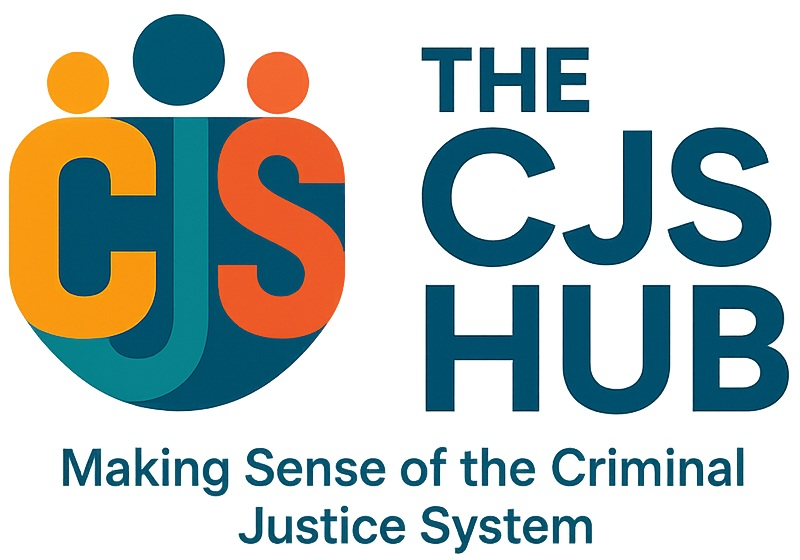Going through the criminal justice system takes a toll on both your body and your mind. Whether you’re facing an investigation, living under strict bail conditions, serving a sentence, or supporting someone who is, the pressure and uncertainty can have serious effects on your overall wellbeing.
Taking care of yourself physically and mentally doesn’t solve the situation — but it does give you the strength to deal with it. Even small, steady actions can help you stay grounded while everything else feels unstable.
Looking After Your Physical Health
Physical wellbeing often slips when you’re stressed or going through upheaval, but your body needs fuel and care to keep you steady:
- Eat as well as possible – Choices may be limited, especially in custody, but small adjustments — like avoiding excess sugar where you can — can help with energy and focus.
- Stay active – In prison, make the most of exercise yards, gyms, or in-cell routines. Outside, regular walks or simple workouts can reduce stress and improve mood.
- Rest matters – Sleep can be hard when anxiety is high, but keeping to a basic routine — lights out at a similar time each night, avoiding caffeine late in the day — can make a difference.
- Avoid numbing through substances – Alcohol and drugs might feel like an escape but often make anxiety, depression, and anger harder to manage in the long run.
For families supporting someone, physical health is just as vital. It’s easy to skip meals or lose sleep when you’re worried, but keeping yourself strong means you can better support others.
Protecting Your Mental Health
Being accused, waiting for answers, or adapting to life inside or after prison is mentally exhausting. Anxiety, depression, shame, and anger are common responses — not signs of weakness. What matters is finding ways to manage them:
- Talk openly where you can – Whether with trusted friends, family, peer groups, or a counsellor, speaking about what’s happening can ease the load.
- Set small, realistic goals – When the bigger picture feels overwhelming, focus on what you can control today — even one small thing ticked off matters.
- Limit negative spirals – Social media, sensational news stories, or constant case discussions can fuel anxiety. Sometimes, giving yourself space to breathe helps.
- Reach for professional help if needed – GPs, talking therapies, helplines, and in-prison mental health teams exist for exactly these moments. Reaching out is a strength, not a failure.
For those supporting someone, the emotional strain can be just as heavy. It’s normal to feel frustrated, exhausted, and overlooked, but your mental health matters too. Making time for your own wellbeing isn’t selfish — it’s necessary.
Balancing Body and Mind
Physical and mental health are connected. Poor sleep affects mood, stress affects energy, and low activity can worsen anxiety. You don’t need big changes — just small, consistent steps can make a real difference.
Even simple things like keeping a daily routine, staying hydrated, moving when possible, and talking openly when things get tough all add up.
Where to Find Support
You’re not on your own in this. The CJS Hub connects you with:
- Guides to maintaining wellbeing while navigating the CJS
- Links to trusted helplines and organisations for specialist support
- Resources for families, partners, and loved ones
Whether you’re inside, on licence, under investigation, or supporting someone who is, taking care of yourself gives you strength to keep going.
